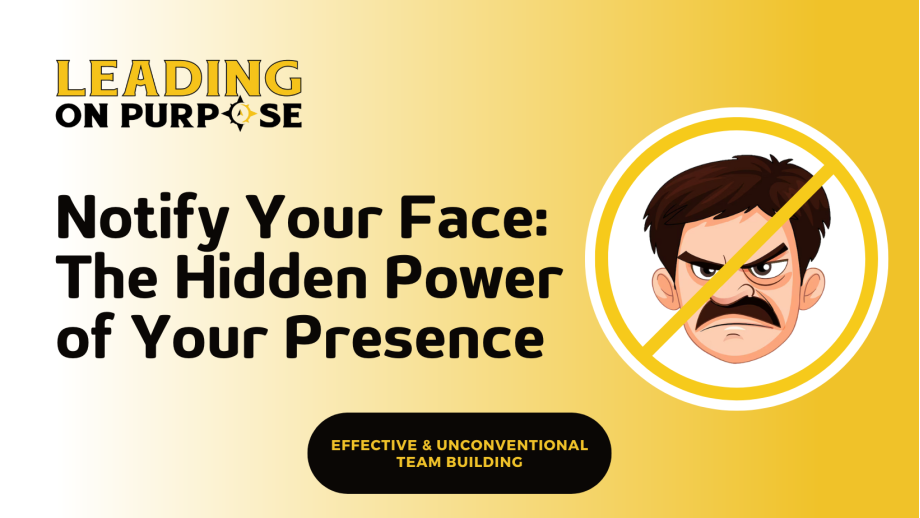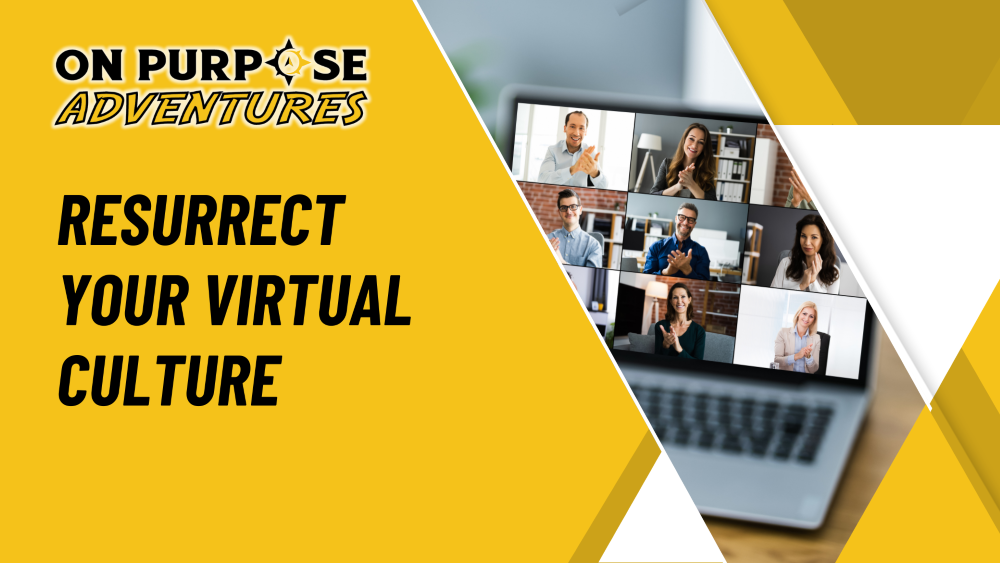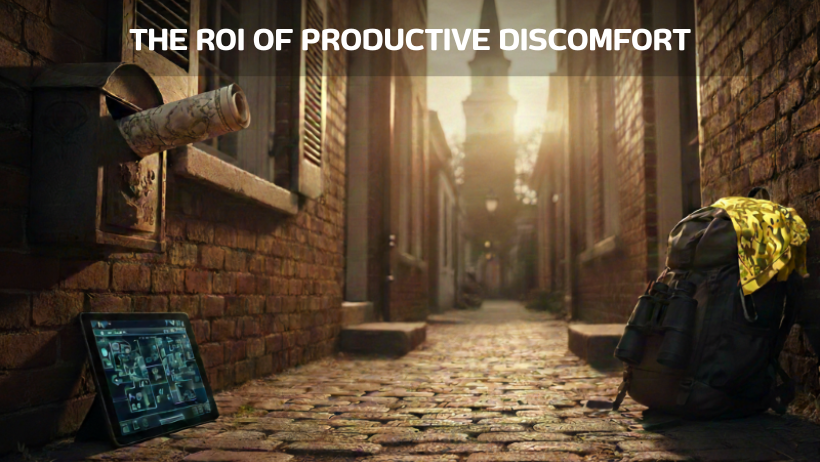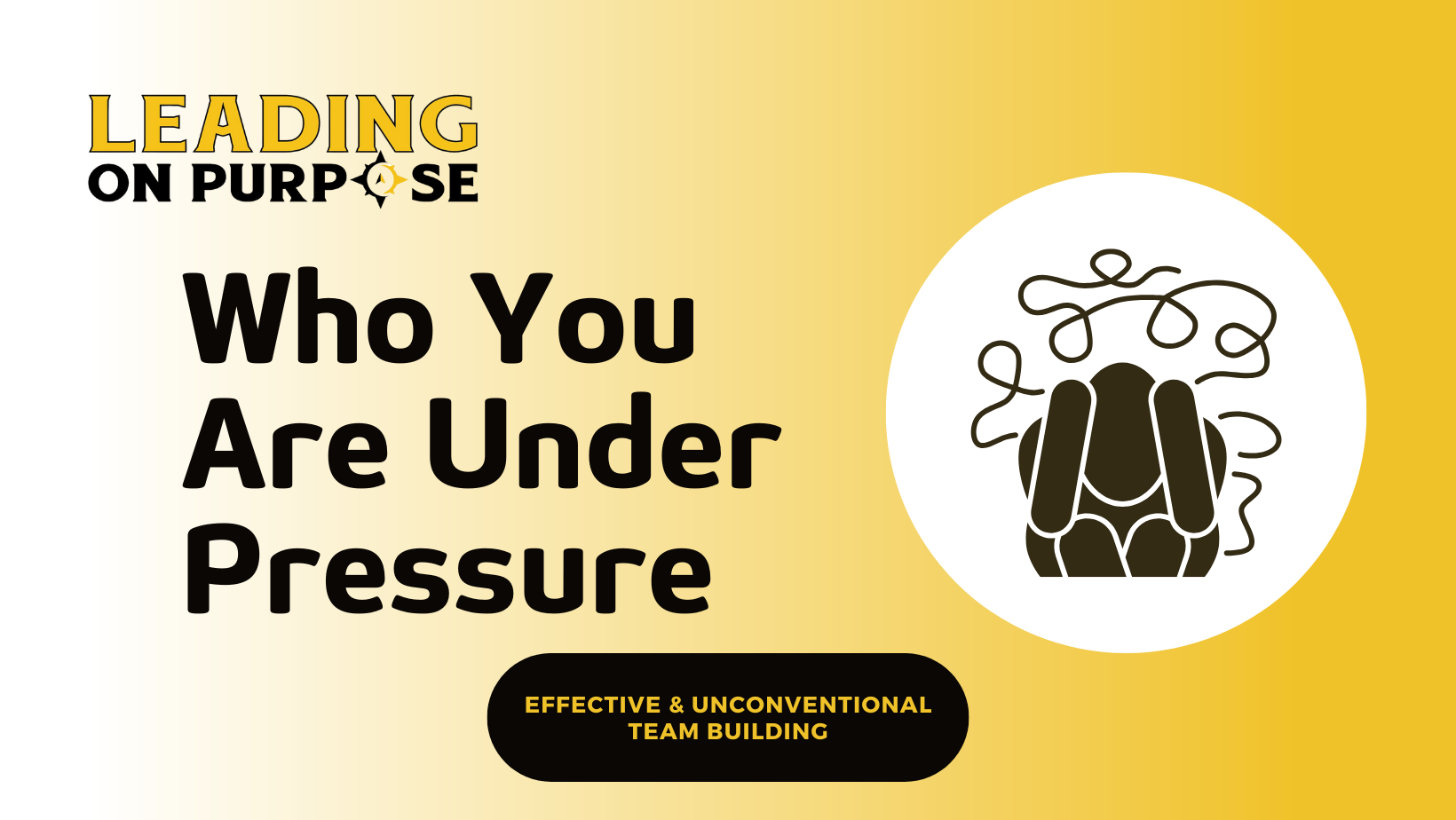
Notify Your Face: The Hidden Power of Your Presence
I used to say, “I like individuals, but I don’t like people.”
It was a badge of honor, one that signified my preference for deep, meaningful relationships over surface-level interactions. But if I’m being honest, it was also a shield. A way to protect myself from the discomfort of forced interactions, small talk, or the energy-draining experience of being around too many people at once.
Over the years, I’ve been on a journey, a radical shift in how I approach leadership, connection, and ultimately, kindness. I’ve come to realize that one of the most underrated leadership skills is something we rarely talk about: being self-aware of the energy and vibe we give off.
And that shift started with a simple but powerful lesson from my coach, Ed Sult .
“Notify Your Face”
Ed, in all his wisdom, once called me out on something I didn’t even realize I was doing.
“Ben,” he said, “I hear what you’re saying. But notify your face.”
At first, I didn’t get it. I was listening, engaged, present... At least, that’s what I thought. But my face wasn’t reflecting that. Instead, it was neutral, maybe even closed off.
That moment changed everything for me. People don’t just listen to what we say. They read our energy, our facial expressions, our body language. If we’re not intentional about how we show up, we could be pushing people away without even realizing it.
The Science of First Impressions & Connection
Click here to listen to Vanessa Van Edwards' episode on The Diary of a CEO podcast.
Vanessa Van Edwards, a behavioral investigator, explains on The Diary Of A CEO podcast that 82% of how people perceive us comes down to warmth and competence. Not our words. Not our resumes. But how we make them feel.
This means:
✅ If we appear open, warm, and approachable, people naturally trust us more.
✅ If we show competence, through confidence, clear communication, and engaged body language, people respect us.
✅ If we don’t consciously manage these cues, we risk being misunderstood, overlooked, or unapproachable, no matter how brilliant or kind we actually are.
And here’s the kicker: Our brains are 12.5 times more likely to believe body language over words.
That means you can say, “I’m excited to be here,” but if your face and body say otherwise, people will believe your body, not your words.
The Most Liked People Are the Ones Who Like the Most People
Ever notice that the most charismatic, magnetic leaders aren’t necessarily the smartest or the most skilled? They’re the ones who make other people feel seen, valued, and important.
Popular people aren’t liked because they’re perfect. They’re liked because they genuinely like others.
And that’s where my shift came in. I used to say I didn’t like people. But what I’ve learned is that people can feel that energy. It doesn’t matter how much I love coaching, mentoring, or leading, if I don’t show people that I like them, they won’t feel it.
So, I made a decision. To be intentional about kindness.
Not just in words, but in my energy. In my facial expressions. In my willingness to show warmth before waiting for someone else to “earn” it.
How You Can Control Perception & Build Real Connections
If you want to be a better leader, friend, or human, here’s what I’ve learned:
1. Audit Your Presence
Ask yourself:
- When I walk into a room, do I look approachable?
- Do I smile? Do I make eye contact?
- Does my body language match what I’m trying to communicate?
Film yourself in conversations. Watch it back. It’s uncomfortable, but it will teach you what others see when they interact with you.
2. Be Warm First
Stop waiting for people to earn your kindness. Assume warmth. Be the first to smile. The first to engage. The first to make people feel valued.
3. Use Cues to Your Advantage
- If you want people to trust you, relax your shoulders and soften your expression.
- If you want people to respect you, stand tall and speak with clarity.
- If you want people to feel connected, use their name, make eye contact, and give genuine compliments.
4. Rewire Your Mindset About People
I had to reframe my belief about “not liking people.” If you find yourself feeling disconnected, ask:
- What if I just assume I’ll like this person?
- What if I focus on being curious rather than critical?
- What if I lead with kindness instead of waiting for it?
When you shift from “How do people make me feel?” to “How do I make people feel?”—everything changes.
You Control How the World Sees You
People don’t know your intentions. They don’t know your heart. They only know what you show them.
So, notify your face. Be intentional about your energy. Lead with warmth.
Because the people who make others feel seen, valued, and appreciated? They’re the ones who build real influence, real connections, and real impact.
And that’s leadership on purpose.










